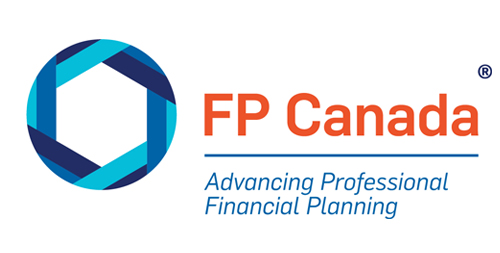Estate Obligations
KNOWLEDGE EXPECTED OF: CFP® Professionals
Highest Knowledge Level: Understanding
Knowledge Levels and Associated Verbs
|
Awareness
The state of being aware that something exists / to have familiarity with a particular activity or subject
|
Understanding
To comprehend the general relationship of particulars / to have an expertise with how something works
|
Application
Ability to put information to use / to use knowledge for relevant, practical purposes
|
Evaluation
To judge or conclude by utilizing data / a systematic determination of something’s worth or significance
|
||||||
|---|---|---|---|---|---|---|---|---|---|
|
Define
To state exactly the meaning of
|
Identify
To be aware of / to recognize and correctly name / to locate an appropriate resource
|
Explain
To make clear the meaning of / to describe something in more detail or reveal relevant facts or ideas related to it
|
Determine
To ascertain / to come to a decision, such as by investigation or reasoning
|
Compare
To note the similarities and differences between two or more things
|
Estimate
To determine an approximate value for
|
Calculate
To find the value using mathematics
|
Convert
To change from one form or purpose to another
|
Evaluate
To reach a conclusion or make a through careful study
|
Interpret
To give the meaning of / to construe or understand / to translate orally
|
Hold cursor over or click on each term to read its definition.
Additional Knowledge Expected of CFP Professionals
- Identify those obligations that may retain the highest priority of payment from an estate, such as:
- Funeral expenses
- Income taxes
- Estate taxes / probate fees
- Solicitor’s costs
- Personal representative / estate administrator costs
- Payments of debts
- Property taxes
- Utility payments
- Identify that the order of priority for payments from an estate may vary according to provincial/territorial legislation.
- Explain methods for creditor-proofing assets from claims against the estate, such as:
- Naming beneficiaries on segregated funds, insurance policies and registered assets
- Using insurance products with named beneficiaries
- Setting up a holding company or inter vivos trust
- Plan for a testamentary trust in a will
- Setting up an Individual Pension Plan
- Incorporation of business interests
- Explain the probate process for administering an estate.
- When the deceased died with a valid will
- When the deceased died without a valid will (intestacy)



 previous / Estate Administration
previous / Estate Administration